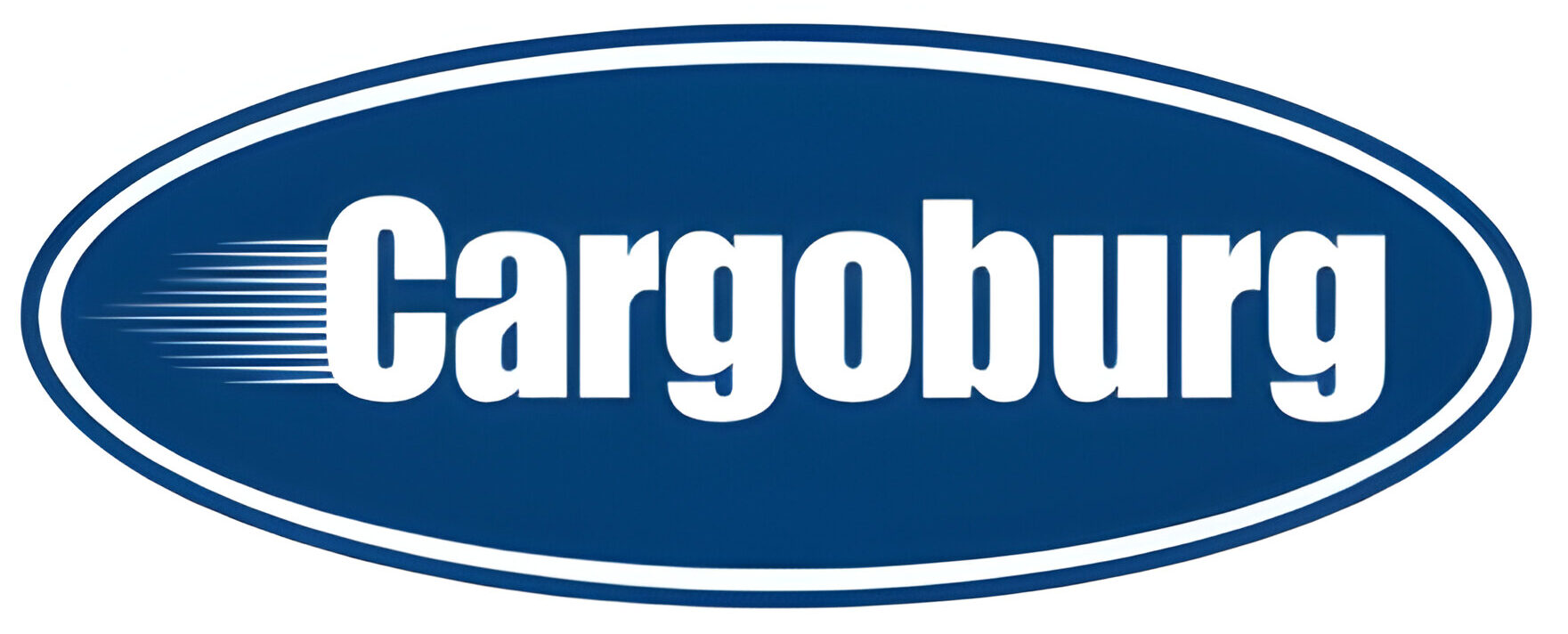Nigeria Customs Clearing for Food Product Imports
When importing food products into Nigeria, navigating the customs clearing process can seem complex. However, with the right expertise and guidance, it becomes a straightforward and efficient process. Cargoburg Logistics Limited, a leading licensed customs clearing agent, is here to simplify and streamline the customs clearing process for all food product imports into Nigeria. As a trusted freight forwarding and import clearing agent, Cargoburg ensures that your food products meet all regulatory requirements, are properly cleared, and reach their destination without unnecessary delays.
We understand that importing food products requires strict adherence to Nigerian laws and regulations designed to ensure food safety, public health, and the protection of the local market. With years of experience in handling customs clearance for various goods, including food products, Cargoburg Logistics is the partner you can rely on for timely and compliant imports.
The Importance of Customs Clearance for Food Product Imports in Nigeria
Customs clearance is a mandatory process when importing goods into Nigeria, including food products. This process ensures that all imported items comply with the Nigerian government’s regulations, including safety standards, health regulations, and taxes. Importing food products without going through proper customs clearance could result in fines, delays, or even the seizure of goods.
In addition to standard customs duties and taxes, food imports face additional scrutiny from agencies such as the National Agency for Food and Drug Administration and Control (NAFDAC), the Standards Organization of Nigeria (SON), and the Federal Ministry of Health. These agencies ensure that all food products entering the country meet the required standards for safety, labeling, packaging, and quality control.
Cargoburg’s Customs Clearing Services for Food Product Imports
As a professional customs clearing agent in Nigeria, Cargoburg Logistics offers comprehensive services to ensure that your food product imports clear Nigerian customs without complications. Our team of experts is well-versed in the latest customs regulations, procedures, and required documentation, which means we handle every aspect of the process efficiently and accurately.
1. Document Preparation and Submission
Proper documentation is key to successful customs clearance. Our team at Cargoburg ensures that all necessary documents are prepared and submitted on time, reducing the risk of delays. These documents typically include:
Import Declaration Form (IDF): This form is essential for all importers and is submitted to the Nigerian Customs Service (NCS).
Bill of Lading: A document provided by the shipping company, confirming that the goods have been shipped.
Invoice: A commercial invoice from the supplier detailing the cost of the goods.
Packing List: A detailed list of the items in the shipment.
NAFDAC Registration Certificate (if applicable): All food products must be registered with NAFDAC to be imported into Nigeria.
Certificate of Analysis: A certificate that proves the quality of the product, often required for food safety purposes.
Certificate of Origin: This document verifies the country of origin of the food products.
Cargoburg ensures that every piece of documentation is accurate, complete, and compliant with Nigerian regulations, preventing unnecessary delays and potential penalties.
2. Liaising with Regulatory Authorities
As part of our service, Cargoburg acts as the intermediary between your business and the relevant regulatory authorities, including:
Nigerian Customs Service (NCS): The NCS is responsible for assessing duties and ensuring compliance with import regulations.
National Agency for Food and Drug Administration and Control (NAFDAC): NAFDAC is responsible for ensuring that food products meet health and safety standards. We help facilitate the NAFDAC registration process, ensuring that your food products meet all regulatory standards.
Standards Organization of Nigeria (SON): SON ensures that products meet quality standards, and we ensure that all necessary quality certifications are in place before your food products are imported.
By working closely with these authorities, we ensure that all clearance processes are smooth, transparent, and completed without delay.
3. Classification and Valuation of Goods
Cargoburg provides expert guidance on the classification and valuation of your food products. Customs duties and taxes are calculated based on the Customs Tariff Book, which categorizes goods under different classifications. The valuation of goods is done based on the CIF (Cost, Insurance, and Freight) value, which includes the cost of the goods, insurance, and the shipping cost.
By correctly classifying your food products and ensuring the correct valuation, we help reduce the risk of costly penalties or audits by Nigerian Customs.
4. Duty Payment and Clearance
Once all the necessary documents are in place and your goods have been properly classified and valued, Cargoburg will assist with duty payment and submitting any required taxes or fees to Nigerian Customs. The duties for food products are typically calculated as a percentage of the product’s value, but the specific percentage depends on the type of food product being imported.
After the duty payment is processed, we ensure that all documents are filed with Nigerian Customs, allowing us to obtain the necessary release order for your goods. Once the clearance is approved, we can proceed with transporting your food products to the final destination.
5. Handling of Special Regulatory Requirements for Food Imports
Food products often have additional requirements that must be met before they can be cleared through customs. These include ensuring that the products comply with the Nigerian food safety and quality standards as defined by the National Agency for Food and Drug Administration and Control (NAFDAC) and other relevant authorities. Some of the special requirements for food product imports include:
NAFDAC Registration: Before importing food products into Nigeria, they must be registered with NAFDAC. Cargoburg can assist in guiding you through the NAFDAC registration process, ensuring your products meet all necessary health and safety guidelines.
Food Safety Standards: Cargoburg helps ensure that all food products meet Nigerian food safety standards, which include testing for contaminants and other harmful substances. Our team will help you obtain the necessary certifications and test results for your food products.
Product Labeling Compliance: Nigerian regulations require specific labeling on food products to ensure consumer safety. Cargoburg ensures that your food products are labeled in compliance with Nigerian food labeling standards.
6. Efficient Delivery of Food Products
Once the customs clearing process is completed, we ensure that your food products are promptly delivered to their destination, whether it’s a warehouse, retail location, or other points within Nigeria. Cargoburg offers a range of delivery services, including road transport, warehousing, and distribution, to ensure your food products reach their final destination in good condition and on time.

